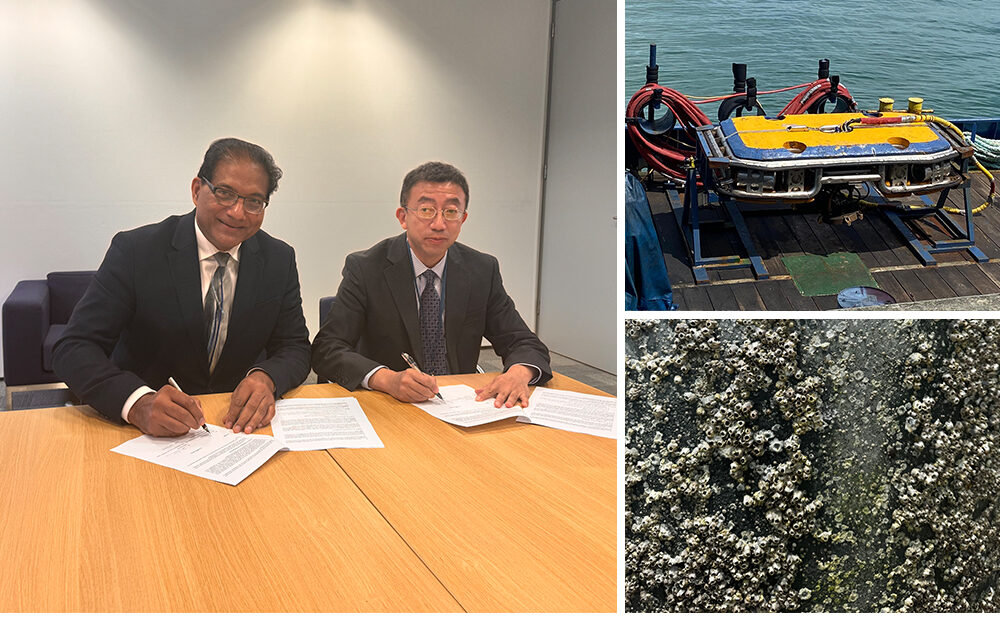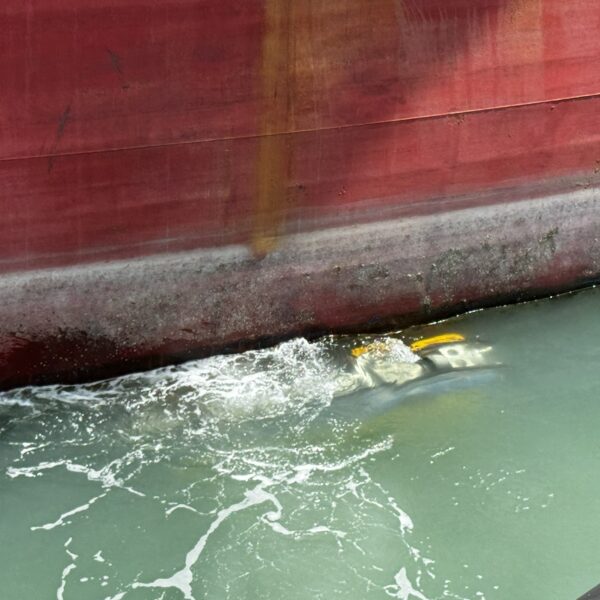
A recent partnership between the TEST Biofouling Project and the Maritime Technology Cooperation Centre of Asia (MTCC Asia) marks a significant effort to improve biofouling management practices to reduce the spread of invasive aquatic species in the Asia region. The partnership aligns the project with its implementing partner in a strategic mission to mitigate marine environmental risks associated with ships’ biofouling, which is a recognized vector for introducing non-native species into new ecosystems
Biofouling occurs when microorganisms, algae, plants, and small marine animals accumulate on submerged parts of a ship, especially the hull. This buildup can lead to unintended transport of invasive species to different marine environments, disrupting local ecosystems, threatening biodiversity, and impacting industries that rely on the health of these waters.

To address this, the partnership will focus on key beneficiary countries—Indonesia, the Philippines, China, and Malaysia—by facilitating technology pilots and providing essential resources for local stakeholders. MTCC Asia will also support the project by co-organizing a series of targeted workshops and training sessions designed to improve technical expertise in biofouling management among regional maritime professionals. These efforts will not only strengthen capacity but also foster collaborative knowledge-sharing opportunities, helping maritime stakeholders implement IMO’s Biofouling Guidelines more effectively.
Through practical demonstrations MTCC Asia will assist the project and facilitate innovative biofouling management technologies tailored to the specific needs of each country, highlighting sustainable practices that can be readily adopted by national maritime industries.
The collaborative efforts will enhance MTCC Asia’s ability to promote sustainable biofouling management practices within the region.
